This week, the nation focused on the deaths of two men in New York City.
In one case, a mentally stable man confronted a mentally unstable man on the F train. Out of an intentional drive to protect the lives of those around him, the stable man — a twenty-five-year-old Marine from Long Island — put the unstable man in a chokehold that resulted, directly or indirectly, in his death.
In the other case, a mentally unstable man targeted a mentally stable man as a consequence of his job leading one of the largest health insurance companies — shooting him in the back as he walked down the street. The unstable man in this case — a twenty-six-year-old Ivy League scion of a wealthy and powerful Maryland family — also expressed his motive as protecting others: the countless Americans who have lost their lives and health because of the denial of coverage and care.
His purported manifesto is here, if you want to read it. Some people won’t want to. But just as this shooter found inspiration in the work of the Unabomber, these things have to be reckoned with and countered. We read The Screwtape Letters and Paradise Lost for a reason: evil, especially when it has the charisma to motivate others, should be understood instead of ignored.
It’s true we’ve had incredible medical advancements in this country in recent years — and still largely avoided the ludicrous wait times experienced for specialist care in other western countries. Yet the failures of the US healthcare system are massive. Despite the coverage expansions experienced under Obamacare, its promised impacts for most Americans — lower costs, better access, less disruption — have all failed. Medical error and misdiagnosis accounts for an astounding portion of American death and disability every year. At the same time the system has failed to correct this high rate of deadly and painful failure, costs have exploded — and views of the quality of our healthcare system are now at twenty-four-year lows.
Both these young men — more on the heroic one here — took their actions because they claimed to value the lives of others. But only one of them did so out of a direct threat of violence. And only one of those deaths was an act of defense that made the difference both men claimed to pursue.
For all the social media fervor around the shooter, UnitedHealthcare will have another CEO and another quarter and it will keep on going. Private insurance isn’t going away — most people like it, just as they like Obamacare more than ever. The tangled web of highly concentrated insurers and massive merged health systems — which Peter Orszag has made bank from representing — have resulted in lower opinions of the quality of health insurance than ever. But Americans, having already lived through the upheaval of multiple rounds of reform attempts, express an opposition to change borne out of fear of the unknown. And politicians without the capacity to explain, the interest to advocate, or the death wish that comes from opposing the interests of the massive hospital and insurance employers in their states (in J.D. Vance’s Ohio, half of the top ten employers are in healthcare), opt instead for a cowardly alternative that just keeps the failing system rolling along over the backs of Americans in pain.
Everyone knows these are problems that exist. A disturbed young man didn’t need to a shoot a guy in the back and blame it on his mother’s painful experience in order to publicize it, any more than you’d shoot the CEO of an egg company to get people talking about the cost of a dozen.
Some very loud people online, beyond just glorying in one death or the other, seem to think that good will come out of this. I have a hard time seeing how. It’s just one more dead American, one who had climbed atop a failed health system, one repeatedly failed by it. Our citizens don’t trust the institutions that are supposed to put them first, and every addition to the body count is just one more slash on the ledger. It will take something enormous, more than just a presidential election, to make things right.



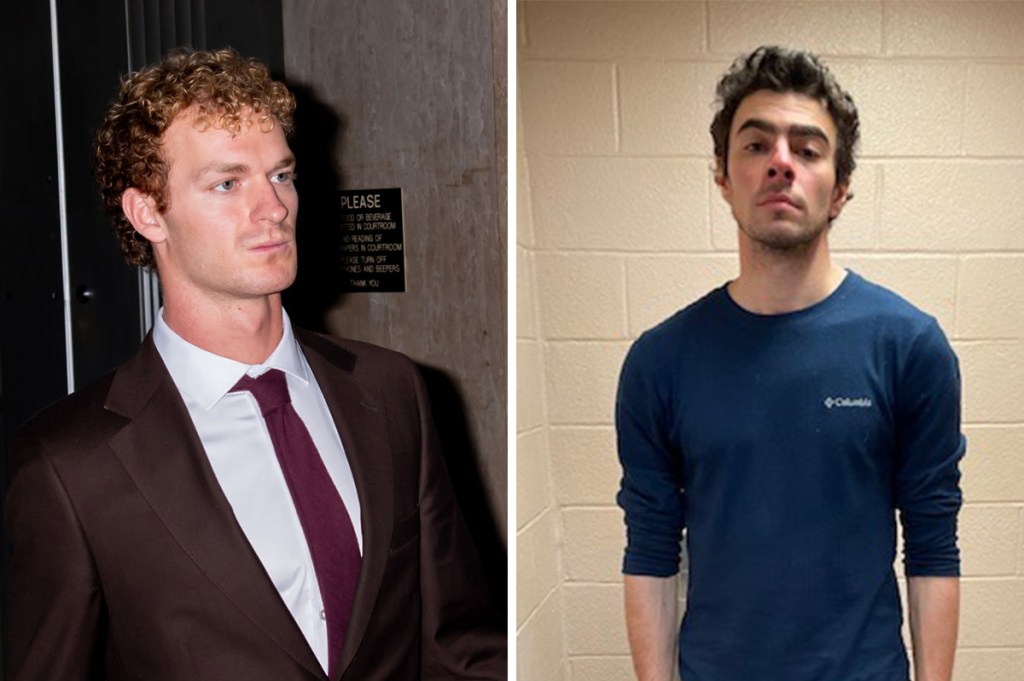










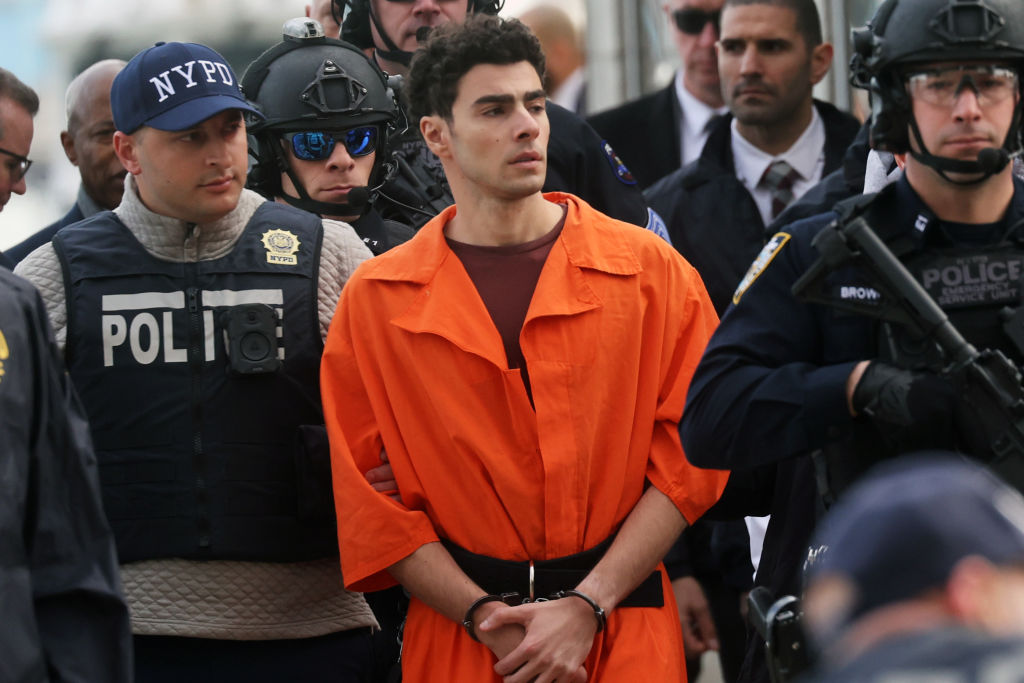
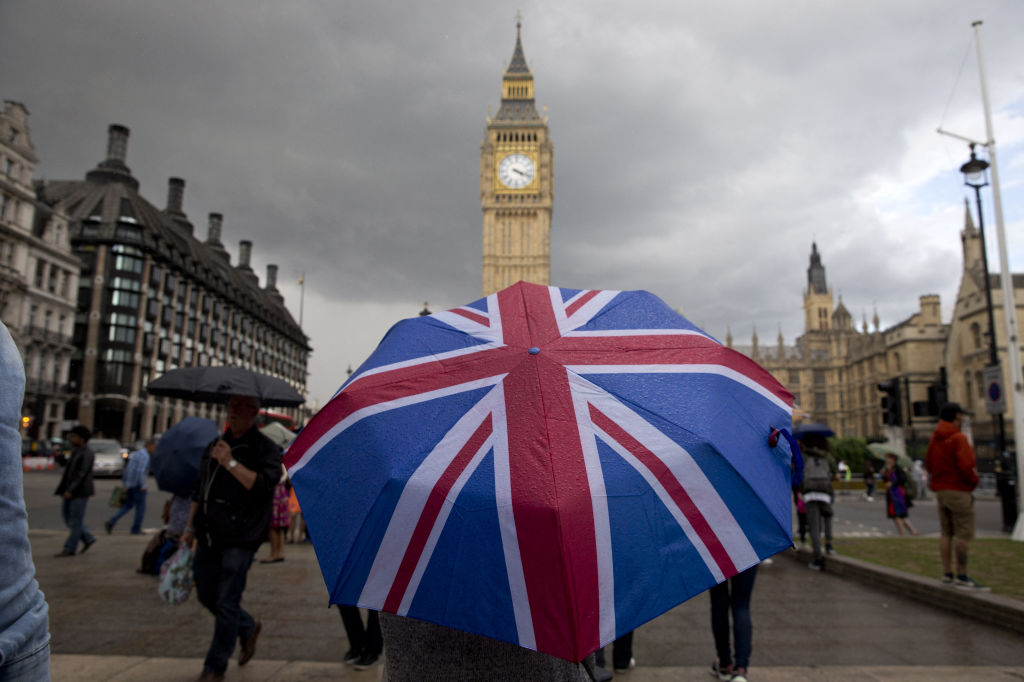
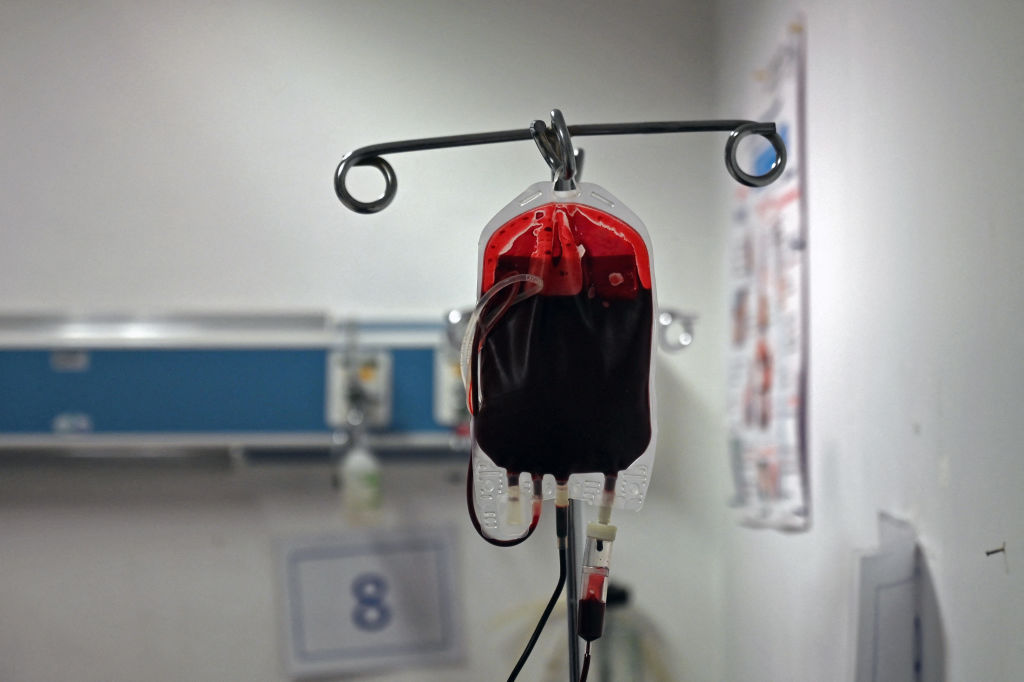
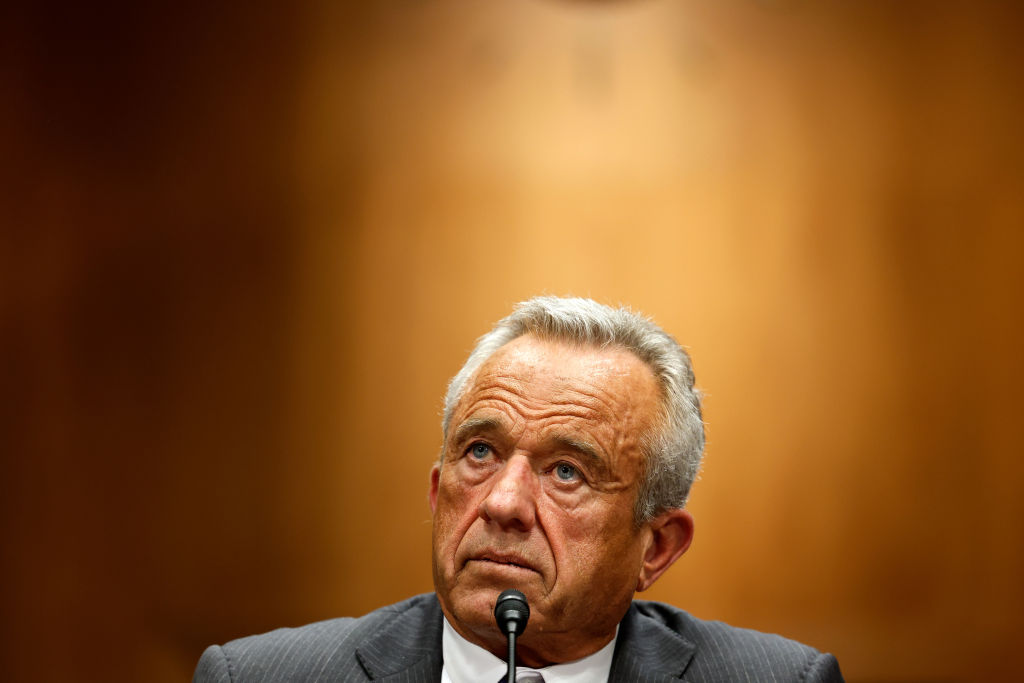
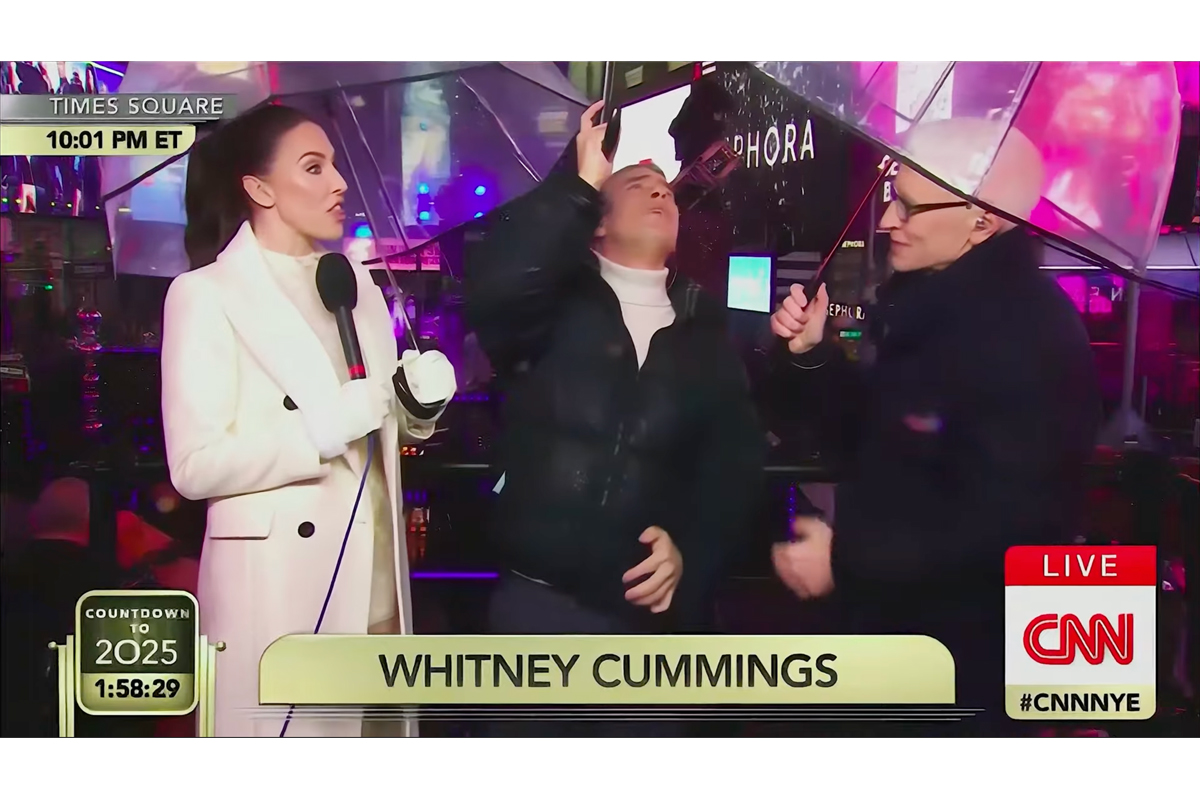







Leave a Reply